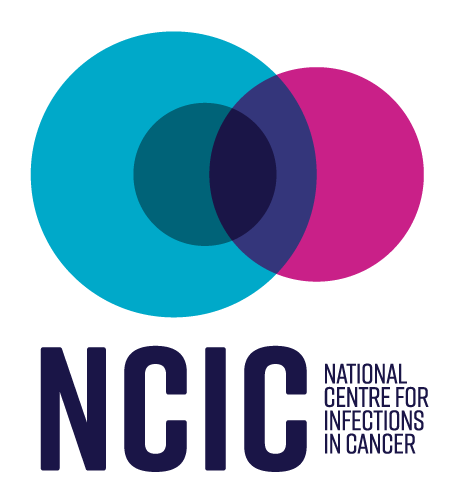Specialists in Clinical and Health Services Research in the Immunocompromised Host
Interested in undertaking research with us?
We have a range of training pathways available.
Our Research
Antibiotic Allergy Delabelling
Antibiotic allergies come and go. We contribute to research looking at ways to remove allergy labels from cancer patient files- thus allowing more appropriate antibiotic use. NCIC Fellow Prof Jason Trubiano leads the Antibiotic Allergy De-labelling Research program at the Centre for Antibiotic Allergy and Research, Austin Hospital.
NCIC KIDS
“Children are not small adults!” At least not as far as their immune systems are concerned. Treatment and management of infections in children affected by cancer is very different to the adult population. NCIC Fellow A/Prof Gabrielle Haeusler leads a Paeds Infection in Cancer research group at MCRI.
Immune Profiling
Forewarned is forearmed. We are performing research into determining an immune signature that can predict an individuals risk of infection prior to beginning cancer therapies so that we can put in place strategies to manage those infections before they interfere with treating the cancer.









